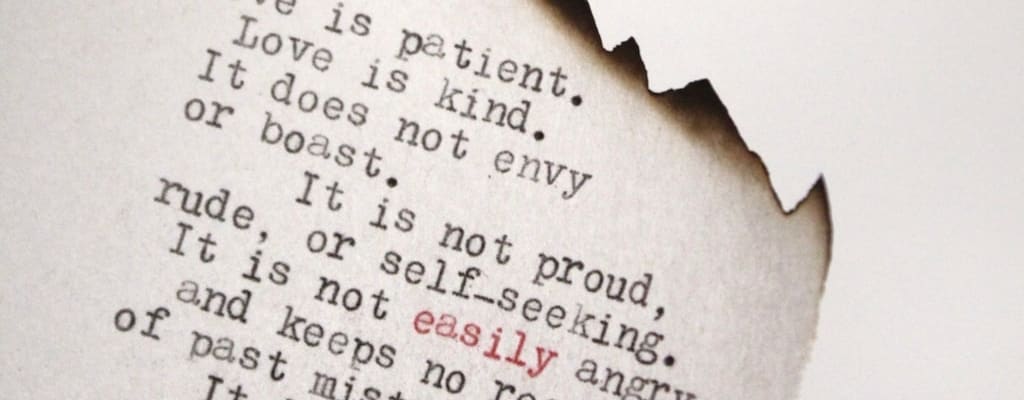star-crossed: Idiom Meaning and Origin
What does ‘star-crossed’ mean?
The idiom *star-crossed* refers to people or things that are destined to have a tragic or ill-fated outcome due to the influence of the stars or larger forces. It suggests a sense of predestined misfortune or bad luck that cannot be avoided.

Idiom Explorer
The idiom "written in the stars" means that something is predetermined or destined to happen, as if it has been planned by fate or the universe.
The idiom "star vehicle" refers to a movie or a show that is created specifically to showcase and highlight the talents and popularity of a particular actor or actress, often at the expense of other elements like the plot or script. It is a term commonly used in the entertainment industry.
"Stars in one's eyes" is an idiom that means to have a sense of excitement, wonder, or idealism. It is often used to describe someone who is overly optimistic or has unrealistic expectations about something.
The idiom "stars are aligned" means that everything is going well or working in one's favor. It suggests that the circumstances are perfectly arranged or in harmony, resulting in a favorable outcome or opportunity.
The idiom "stars align" refers to a situation when all the necessary factors come together perfectly to create a favorable outcome or opportunity.
The idiom "split on a rock" means to be in a difficult or impossible situation, often referring to having limited options or being stuck with a choice that has no satisfactory outcome.
The idiom "something awful" is used to emphasize the extreme or intense nature of a situation, event, or feeling. It suggests that the thing being described is exceptionally bad, unpleasant, or severe.
The idiom "snake eyes" refers to rolling two ones on a pair of dice. It is commonly associated with bad luck or an unfortunate outcome.
A Fated Union
The idiom *star-crossed* is a commonly used phrase in the English language. It originates from William Shakespeare's play *Romeo and Juliet*. The term "star-crossed" refers to a couple or individuals whose relationship is destined for failure due to external forces beyond their control. In the play, Romeo and Juliet are portrayed as being fated to a tragic end because of the alignment of stars and planets, which Shakespeare suggests influence human affairs.
The idiom *star-crossed* is rooted in the belief of astrology and the impact of celestial bodies on human fate. Astrology, an ancient practice, suggests that the movements and positions of the stars and planets can determine the course of human lives, including the success or failure of relationships. The term "star-crossed" implies that the lovers' fate is predetermined by the heavens, leading to the inevitable downfall of their love.
The idiom *star-crossed* can also be used figuratively to describe any relationship or partnership facing insurmountable obstacles or challenges. It carries a sense of romantic tragedy, highlighting the idea that external forces can conspire against individuals, hindering their desired outcome or happiness.
The idea of being "star-crossed" has become deeply embedded in the cultural vocabulary and is widely recognized and understood by English speakers. It continues to be employed in various contexts, including literature, film, and everyday conversations, to emphasize the concept of a doomed or ill-fated relationship or endeavor.
The related idiom *lucky star* is often used in conjunction with the notion of being *star-crossed*. While being *star-crossed* suggests a doomed fate, *lucky star* conveys a sense of hope or good fortune. It refers to someone or something that is favored by luck or has a fortunate outcome.
The idiom *lucky star* suggests that despite the challenges and obstacles faced by a couple or individuals, there may still be a chance for a positive outcome. While they may be destined for failure, there is a glimmer of hope and the potential for luck to intervene and turn their fortunes around.
Another related idiom that complements the concept of being *star-crossed* is *written in the stars*. This phrase implies that the fate or destiny of a relationship or event is predetermined, as if it has been written in the stars themselves.
*Written in the stars* suggests a sense of inevitability and a lack of control over one's own destiny. It reinforces the idea that external forces, such as fate or a higher power, play a significant role in determining the outcome of love or other endeavors.
The inclusion of these related idioms highlights the interconnectedness and broader implications of the idiom *star-crossed*. They offer different perspectives on the power of external influences and the potential for different outcomes in relationships and life. While being *star-crossed* suggests a sense of tragedy and doom, *lucky star* and *written in the stars* introduce elements of hope, luck, and predetermined destiny.
The idiom *star-crossed* portrays doomed or ill-fated relationships due to external forces beyond one's control. It has its origins in Shakespeare's *Romeo and Juliet*, where the alignment of stars and planets influences the tragic outcome of the lovers. The idiom is rooted in the belief of astrology, which suggests that celestial bodies can determine human fate. It is widely recognized and used in various contexts, conveying a sense of romantic tragedy and the influence of external forces on human affairs. The related idioms *lucky star* and *written in the stars* provide additional perspectives on the potential for luck and predetermined destiny in relationships and life.
Example usage
Examples of how the idiom star-crossed can be used in a sentence:
- They were star-crossed lovers, destined to be together but constantly facing obstacles that kept them apart.
- The team had a star-crossed season, with multiple injuries and unfortunate circumstances preventing them from reaching their full potential.
- In the star-crossed realm of politics, it seemed like no matter what decision was made, there would always be controversy and opposition.
More "Fate" idioms



